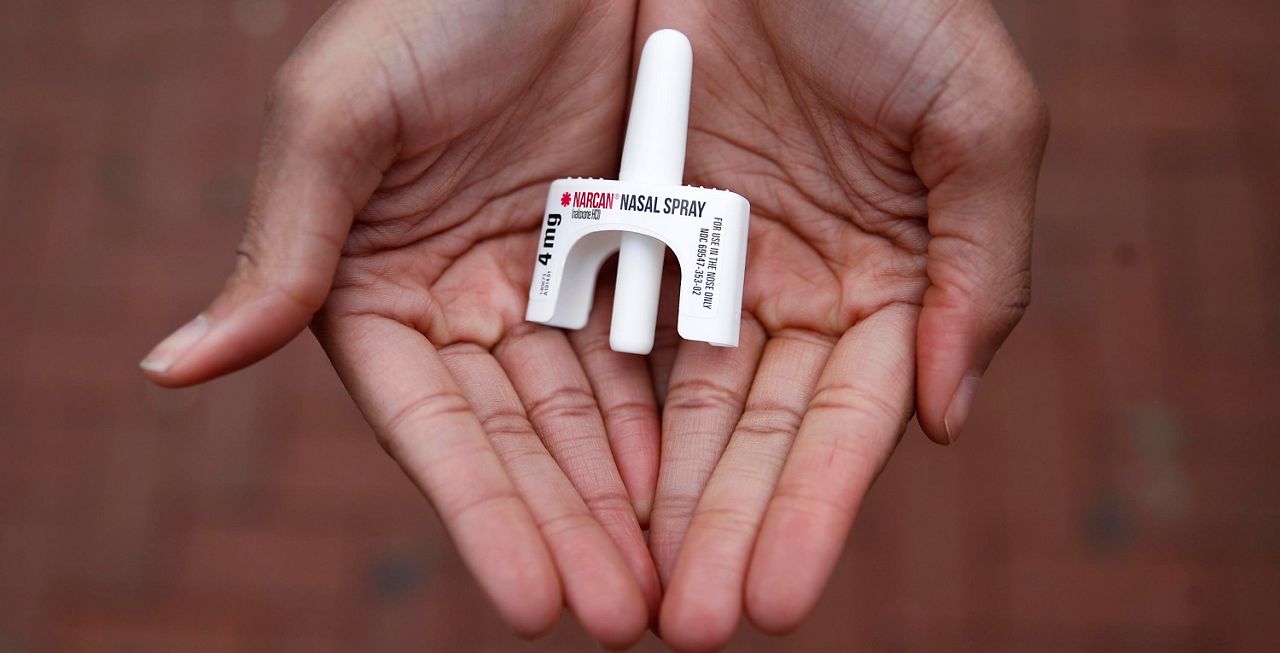The Department of Justice has announced that it is launching a New England Prescription Opioid Strike Force as the number of opioid deaths in Maine rose more than 20% last year, hitting a record high number, according to the state’s chief medical examiner and the University of Maine.
According to Sen. Susan Collins (R-Maine), who said she was briefed on the news by Attorney General Merrick Garland, the strike force will operate as a partnership between prosecutors and data analysts with the Fraud Section’s Health Care Fraud Unit; prosecutors with the U.S. Attorneys’ Offices in Maine, New Hampshire, and Vermont; and special agents with HHS-OIG, DEA, and the FBI.
“Last year, there were more than 9,500 drug overdoses in our state, and 636 Mainers died as a result — a tragic record. I have long advocated for an all-of-the-above approach to address the opioid epidemic that is harming countless families. The DOJ’s action today will complement the efforts by the Maine Medical Association and Maine’s licensure board, which have done a good job educating doctors in Maine about appropriate best practices for prescribing opioids," Collins said.
In Maine, opioid deaths in 2020 reached 504 and went up to 636 in 2021. The hike caught the attention of both health officials and lawmakers from the state and national organizations like the Partnership for Safe Medicines, which is comprised of 45 non-profit advocacy groups.
“What we’ve really seen that’s really driving the fatalities is that the drug supply is getting more dangerous. We’re seeing pills with more and more deadly amounts, fatal amounts with fentanyl and other products in them. We’re also seeing products put into fake pills that don’t respond to Narcan. So that if you actually do get lucky enough that somebody calls an ambulance, and they show up, they’ve got no chemical to reverse that overdose like Narcan, because there’s certain chemicals that don’t respond to it,” said Shabbir Safdar, the executive director at the Partnership for Safe Medicines.
Officials at both the state and national level have been working to address the problem. Wednesday's announcement by the DOJ will add another layer to the federal response effort. The New England Prescription Opioid Strike Force will work to "identify and investigate health care fraud schemes in the New England region, and to effectively and efficiently prosecute individuals involved in the illegal distribution of prescription opioids and other prescribed controlled substances."
The strike force will also include a targeted effort to identify criminal conduct by physicians, pharmacists, and other medical professionals, focusing upon both health care fraud and drug diversion offenses, as relevant based upon the facts of the particular case.
Earlier this year, Collins and Sen. Angus King (I-Maine) also announced they’d secured an additional $2 million in federal funding from the U.S. Department of Labor to increase the availability of services, to those affected by the opioid epidemic, in Maine.
“In response to this worsening crisis, we must improve the resources and support available for people struggling with substance abuse. This important funding from the U.S. Department of Labor will help the most hard-hit communities across our state address the crisis, and give Mainers recovering from substance use disorders access to life-changing job programs,” Collins and King said in a joint statement.
On Monday, the Biden administration’s National Drug Control Strategy went under the microscope. The House Committee on Oversight and Reform called a hearing to “examine the federal government’s response to the overdose and addiction crisis.” The head of the administration’s initiative tried to explain the extent of the problem during his opening statement.
“In 2021 alone, we lost more than 100,000 Americans. That’s one life lost every five minutes. These are our friends, family members, co-workers and neighbors. Since 2015, overdose deaths in America have more than doubled. And the COVID-19 pandemic has amplified the existing difficulties in accessing treatment for substance use disorder,” said Dr. Rahul Gupta, the director at the office for National Drug Control Policy.
Safdar also cited the pandemic as a reason the opioid epidemic has exploded across the nation since 2020. With Maine, however, he has concerns about what he believes are conflicting priorities among some lawmakers in Washington.
“Senator Collins, for example, supports importing drugs from other countries like Canada. At the same time, she recognizes the dangers of fake pills in driving the opioid crisis. You can’t support one and oppose the other. You have to actually understand that if you’re worried about drug counterfeiters, making fake pills, you don’t start importing medicine from vendors and other countries that we can’t regulate,” Safdar said.
Collins’ office said she has “been committed to combating the opioid epidemic during and prior to the COVID-19 pandemic.”
An issue specific to Maine is its rural landscape. Some counties have few treatment centers for opioid addiction. According to the University of Southern Maine, a solution under consideration would be to increase telehealth resources to residents in rural parts of Maine who are also seeking treatment for opioid addiction.
King has secured nearly $1 million in additional federal funding to improve addiction resources for Maine’s residents with mental health or substance use disorders. The funding from the Centers for Medicare and Medicaid Services will support the development of a new Medicaid program that will provide community-based, mobile crisis interventions for Medicaid beneficiaries.
“As the pandemic’s stresses and isolation drive an uptick in ‘diseases of despair,’ it is vital that we provide resources that can meet people where they are. This latest funding from the American Rescue Plan will provide crucial support to Maine people in need and help save lives,” King said.



